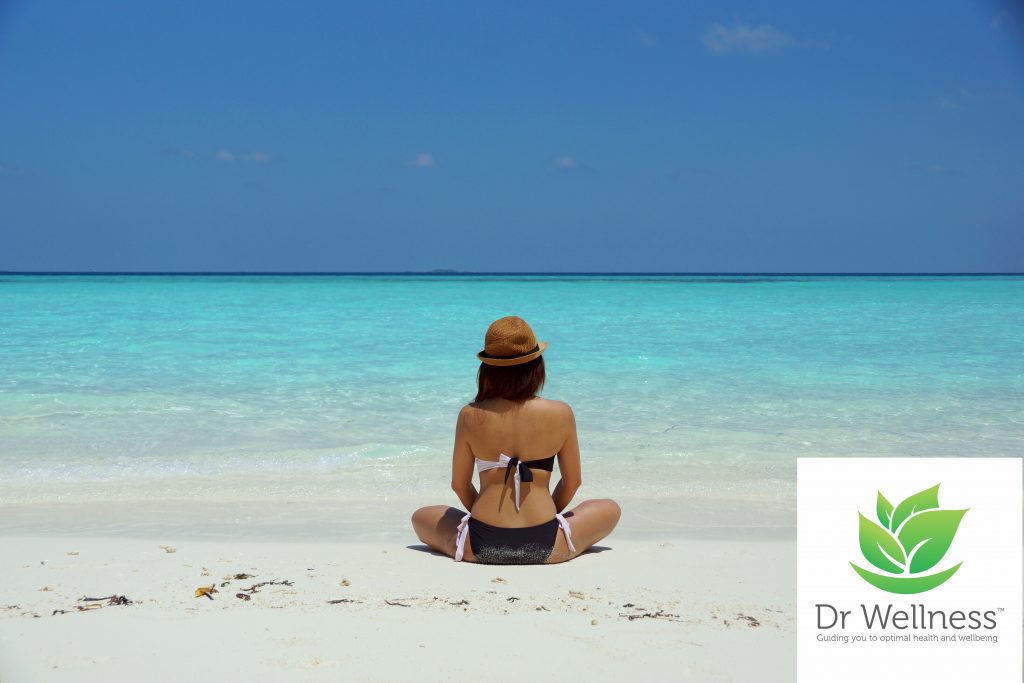In this month’s blog, I’ll continue my series of top tips for optimal wellness. It’s been a while as I’ve had so many other interesting things lo talk about, like chocolate at Easter! As I said last year when I started these tips, there is definitely more to wellness than the usual advice of, eating a healthy diet; moving your body; and avoiding unhealthy habits such as smoking. These are still important, but there are many other ways to improve and maintain your wellness. So, let’s now look at ‘Rest and Sleep’ as powerful tools for optimal wellness.
These days it is almost considered a badge of honour to be seen to be busy. A common reply to the equally common question of “how are you” is “busy”. However, rest is crucial to our health and well-being and I don’t just mean sleep. However, let’s focus on sleep to start with. Everyone knows how awful we feel after even just one night’s poor sleep. Everything seems so much harder when a background of poor sleep is the foundation for the day.
The reason that sleep is so important is that during sleep, your body is working to support health. Sleep is when our bodies fix, rebuild, regenerate and repair. Inadequate deep sleep is linked to degenerative disease such as early aging and so enough good quality sleep is anti-aging. Sleep also plays a role in our appetite and metabolism. We make more hunger hormones and less ‘I’m full’ hormones when we are sleep deprived and so tend to eat more. Sleeping well also makes us smarter as we have better and faster understanding, decision-making, creativity and memory.
In terms of our mood, good quality sleep can make you feel more positive, protect against depression and reduce stress. Sleep is also essential for recovery, e.g. from injuries and also for immune function which protects us from infections and inflammation. Inflammation is a hugely underrated (by conventional medicine) problem. Other contributors to inflammation are stress hormones and sleep helps to lower stress hormones. In children and teens, sleep is essential for growth and development.
So, you can see that getting enough quality sleep at the right times can help protect your quality of life, mental and physical health, and safety. Lack of sleep can cause multiple medical problems such as weight gain, depression, and even premature death. Conversely medical problems can cause poor sleep. These include chronic conditions such as snoring, sleep apnea, insomnia, sleep deprivation, and restless legs syndrome. Other causes of poor sleep include anything from an old bed and too much alcohol; acute illnesses such as a ‘cold’; to hormonal issues such as menopausal flushes.
Equally important as sleep is rest. Rest is also especially important if you can’t sleep well and can be just as beneficial. There are two types of rest according to sleep expert Dr Edlund. Watching TV or cellphone use would as considered ‘passive’ rest. This type of rest does lead to some cell renewal, but studies have shown that the brain is still active and in fact can use up more energy the brain is doing certain tasks). The other type of rest is active rest. Dr Edlund describes four different kinds of active rest: social, mental, physical and spiritual. Social rest is time spent with family and friends. Mental rest is otherwise known as mindfulness, i.e. not multi-tasking. Physical rest includes breathing exercises and napping. Spiritual rest can be either meditation and/or prayer
Napping deserves a bit more of a mention with one study showed that a 30-minute nap at least three times a week reduces your heart attack risk by 37 per cent, and a Nasa study showed a 26 minute nap could improve work performance by 38 per cent. However, for a quick nap limit your nap to 45 minutes or less, otherwise, you may drift into slow-wave sleep and wake up groggy. If you need a longer sleep then a nap of 90 to 120 minutes usually comprise all stages, including REM and deep slow-wave sleep, which helps to clear your mind, improve memory recall, and recoup lost sleep.
For tips on how to improve your sleep, check out my other blog https://drwellness.co.nz/2016-top-sleep-tips/
Please comment below with your top sleep tips.

